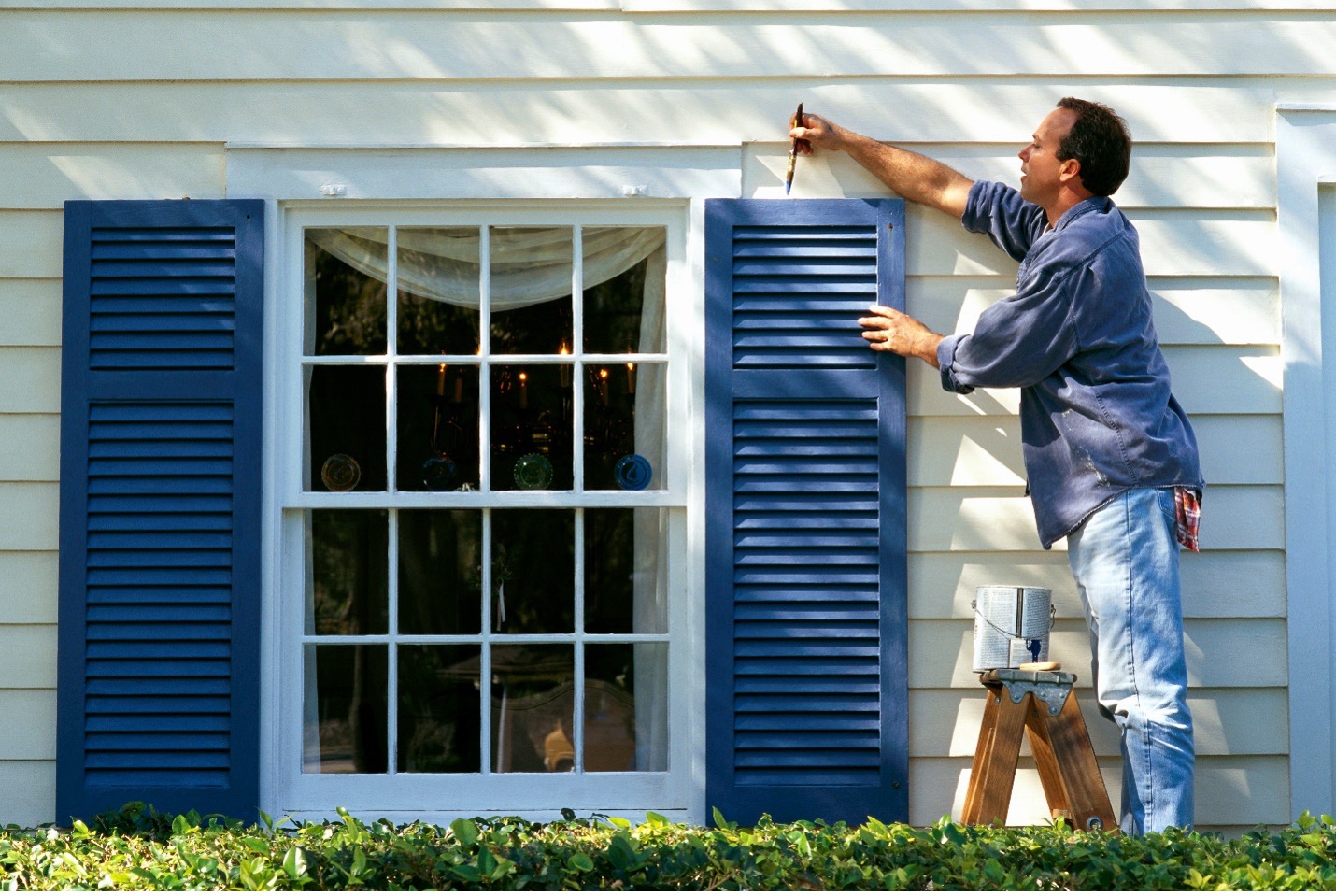- Insurance Resources
- Home Insurance Resources
- 9 Tips for Lowering Your Homeowners Insurance
9 Tips for Lowering Your Homeowners Insurance
Owning a home is a big responsibility, and part of that responsibility is protecting your investment with insurance. We'll help you learn how you may be able to lower your rate.

Homeowners insurance can help pay for unexpected damage to your home, theft of your belongings, and more. While it can seem expensive, every homeowner can benefit from insurance.
The good news is that even in today's economy, it's possible to lower your home insurance rate without losing coverage. Here's how
- Shop around for the best home insurance rates
- Bundle your home and auto policies
- Increase your home insurance deductible
- Improve home security
- Make home improvements
- Review your coverage every year
- Ask about savings
- Consider actual cash value vs. replacement cost
- Take advantage of group insurance
1. Shop around for the best home insurance rates
Don't necessarily stay with the same insurance company out of habit. Different companies offer different rates, and some may give you a much better price than others.
Visit websites of multiple insurance companies and get online home insurance quotes. This can usually be done in minutes, so the potential savings are worth the effort.
2. Bundle your home and auto policies
If you need multiple types of insurance - like home and auto - get from the same company.
Bundling policies, often referred to as "multi-policy discounts" is one of the simplest ways to save on home insurance. Bundling is convenient, and it's a quick way to save.
3. Increase your home insurance deductible
Most people don't like the idea of a higher home insurance deductible, but this is one of the easiest ways to lower your home insurance rate.
Yes, you'll pay more out of pocket if you file a claim, but the lower payments may save you a lot in the long run. If you do this, make sure you have an emergency savings fund so if you do not need to file a claim, you'll be able to afford to pay your deductible (the amount you pay before your insurance kicks in).
4. Improve home security
This one's a win-win. Upgrading your home's security can make you feel safer and may also lower your insurance costs. Installing a security system and smart-home devices could save you money on home insurance at some insurers, and today these devices are more affordable than ever.
5. Make home improvements
It's something that not a lot of people consider but certain home improvements can lead to savings.
Some of these improvements may include
- upgrading your roof
- updating old wiring and other electrical systems to reduce fire risk
- adding storm shutters and/or storm-resistant windows and shingles
- installing an indoor sprinkler system
- removing items that can increase your insurance such as pools or wood-burning fireplaces
- revamping your landscaping to get rid of trees that could fall or adding better drainage
Before you start any project for this purpose, make sure to ask your insurer which home improvements qualify for discounts. Once these renovations are made, let your insurance company know.
On the other hand, there are many home improvements that may increase your insurance rates. Things like additions, finishing your basement, and adding premium materials like specialty siding can add value to your home, and therefore can increase your insurance rates in some instances.
6. Review your coverage every year
Here's a tip many people overlook: review your homeowners insurance policy annually. Your home's value and your personal situation change may change yearly, and so should your insurance coverage.
Updating your policy can ensure you're either not overpaying or that you're not underinsured. If you don't have your policy documents, ask your insurance company how you can find them. If you're already a Liberty Mutual home insurance customer, you can manage your policy online.
7. Ask about savings
You'd be surprised how many discounts are out there. New home? No recent claims? Willing to opt out of paper billing? These are just a few scenarios that might qualify you for savings on your home insurance.
Don't wait for your insurer to tell you - be proactive and ask. Many of these discounts are listed on insurance companies' websites.
8. Consider actual cash value vs. replacement cost
When choosing your home insurance, you have two main options: actual cash value (ACV) and replacement cost. ACV covers the depreciated value of your items, while replacement cost covers the price to replace them with brand-new ones.
Replacement cost coverage is more expensive but far more comprehensive. Consider which option is best for you based on your needs and financial situation.
9. Take advantage of group insurance
Some employers, colleges and universities, and professional groups offer group insurance plans with discounted rates.
Check with your employer or any groups you belong to and see if they have group insurance. This is an easy way to save without having to reduce your coverage.
If you're ready to start saving on your insurance, get a homeowners insurance quote with Liberty Mutual and only pay for what you need.